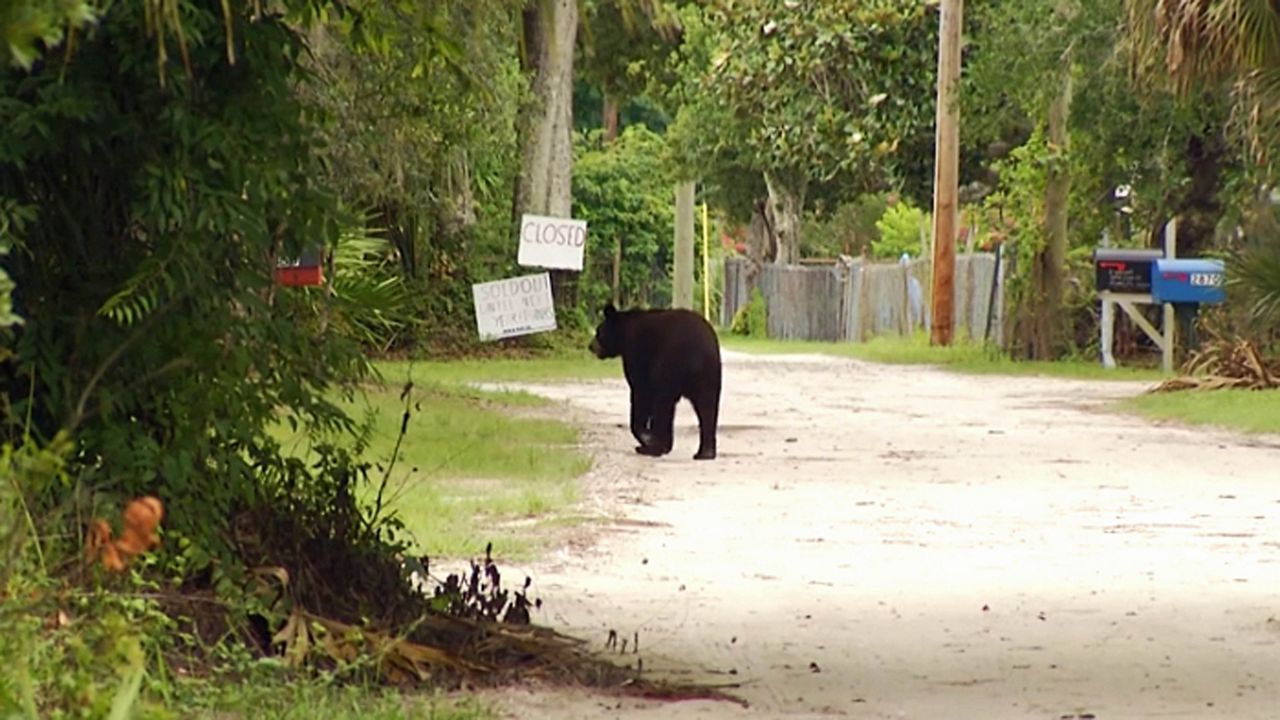MATTHEWS, N.C. — It’s heating up again and if it’s too hot for people, it’s too hot for pets.
The Humane Society urges pet owners to limit their pet’s time outside when it’s hot and humid.
What You Need To Know
- If it’s too hot for you, it’s too hot for your pets
- Keep pets out of still bodies of water if you take them swimming, veterinarians warn
- Blue-green algae is toxic to animals
If you want to take your furry family member swimming to escape the heat, a local veterinarian says to be cautious about where you take them.
Dr. Ed Faulkner is a vet at Weddington Animal Hospital and the president of the North Carolina Veterinarian Medical Association.
He recommends steering clear of bodies of standing water like small lakes, ponds or puddles, as they can be a source of harmful bacteria and parasites.
“Try to keep them swimming in either your swimming pool or moving water and try to keep them from ingesting it,” he said.
Faulkner says blue-green algae is toxic to most animals.
"So livestock, dogs, cats, horses, cattle, wildlife, birds, raccoons. So, you know, if you see dead opossums or dead raccoons on the side of the pond, that's a warning sign there,” he said. "And it can also, as it goes on, it can be toxic for fish as well, because as they overgrow, you end up with dissolved oxygen decreasing in the water to the point that fish can't survive.”
The Centers for Disease Control and Prevention says some other signs of blue-green algae include different colors on the water, foam, scum, paint-like streaks or it may smell like rotting plants.
They also recommend if your pet or livestock have been in contaminated water, wash them off with clean water immediately to keep them from licking it off their fur.










